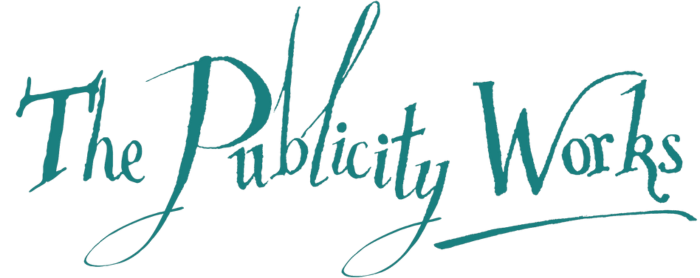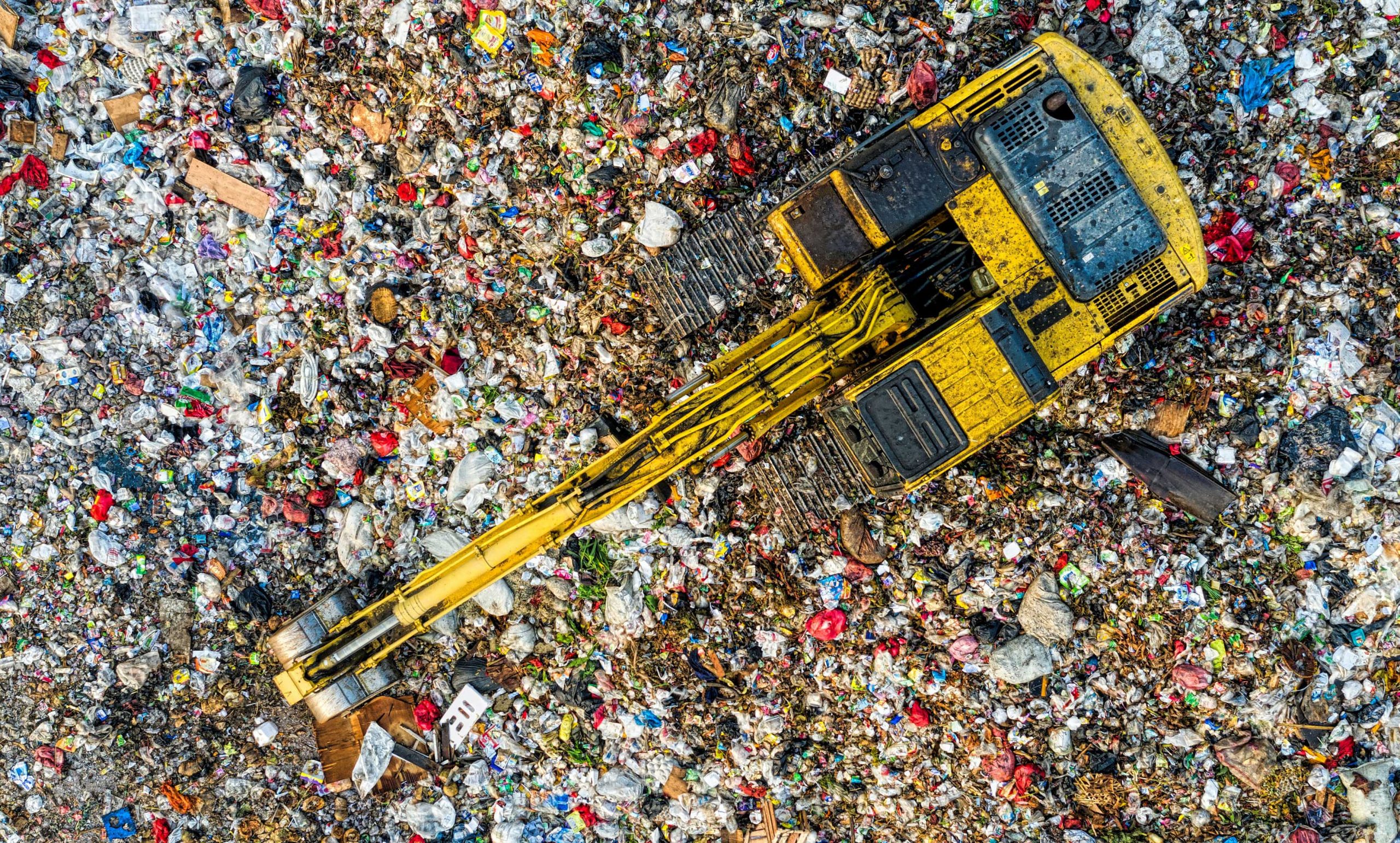TSA’s expanded Infinite Textiles recycling scheme aims to reduce carbon footprint of industry
The TSA has launched the second phase of its Infinite Textiles scheme. This significantly expands the scope of the project, and is an exciting opportunity to help reduce the carbon footprint of the laundry industry and of its customers in sectors such as hospitality, manufacturing and healthcare. The accreditation scheme in its latest form is aimed at enabling the laundry industry and its end-user sectors to improve the overall life cycle of its textile products – beginning at the first step in supply all the way to managing the end of primary use.
Until recently, the only established route of ‘recycling’ was to entrust the textile products at the end of primary use to rags and wipers manufacturing processes, which were then either incinerated or sent to landfill after one or two uses. For example, in the hospitality industry, over 6000 tonnes of textiles are currently sent to waste every year. If this can be reused, it can significantly reduce carbon emissions and further improve the sustainability credentials of what is already an incredibly circular model. These products come to the end of their primary use after over a hundred wash cycles.
The growing and harvesting of natural fibres consumes a lot of water and generates a significant amount of CO2 emissions. It takes approximately 20,000 litres of water to grow one kg of cotton, and each hectare of cotton requires a minimum of 400kg of fertiliser, which can vary according to region and different farming techniques. Producing one tonne of nitrogen fertiliser generates around seven tonnes of CO2 equivalent greenhouse gases, so anything that reduces the requirement for fresh textiles helps to improve the sustainability of any industry that uses them.
Following a successful pilot period, the TSA has evolved the Infinite Textiles project. It now aims to cover the complete life cycle of textile products to ensure that the laundry industry is well informed to make better purchasing decisions and take steps with their supply chains and customers to maximise the longevity of these textile products, and that they are recycled as many times as possible.
As well as helping to reduce carbon footprints, giving textiles as long a working life as possible helps to reduce running costs for industries that use them. Once they have reached the end of their working life, textiles can be processed by TSA members and all suitable materials can be distributed to participating recyclers. This allows the cycle to begin again, with the recovered fabric being used to make new textile products. As recycled textiles use a fraction of the resources required for producing new fabric, this has a significant impact on the environmental effects of industries that use them.
The expanded scheme was launched at an open day event that showed how end-of-life textile products are collected before being sent for recycling. The open day allowed TSA members, suppliers and customers, including representatives of the hospitality industry and healthcare sector, the chance to visit the project’s textile aggregation site in Kettering. They learnt how textiles can be reused for different purposes, or recycled at the end of their standard working lives, and were shown the benefits the project can bring to all industries that rely on textiles and laundry.
“Infinite Textiles is a really exciting project,” says David Stevens, CEO of the TSA. “I am delighted that Johnsons Hotel Linen, Fishers and Clean are working towards this scheme already and expect to get audited before the end of this year. They will be the first of many laundry companies to be operating within the ambitious scope of Infinite Textiles. We’re very happy to be working with our members and other industry bodies such as UKHospitality to make it a reality. It can make a big impact on Net Zero targets throughout all sectors of the economy.”
For more information about Infinite Textiles and how to get involved visit the TSA’s website.

